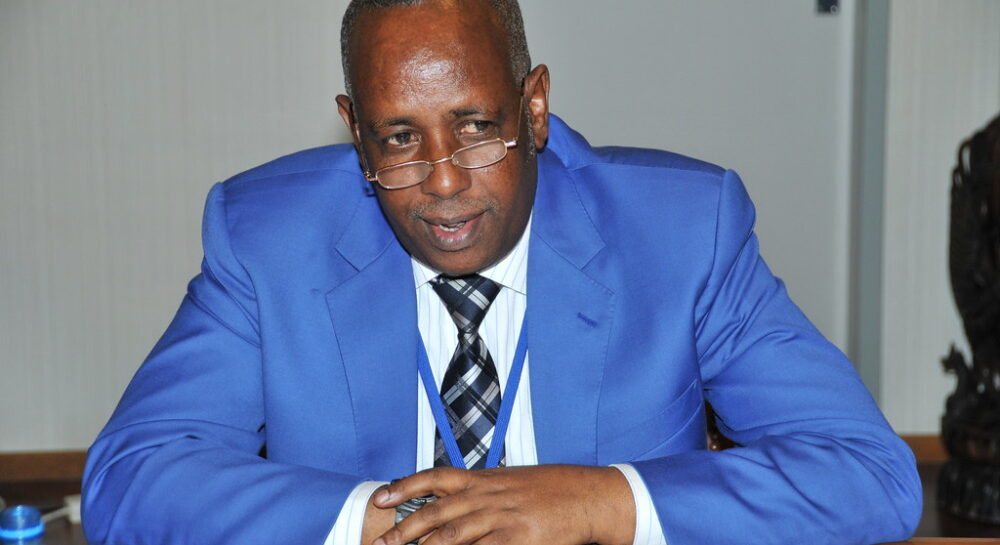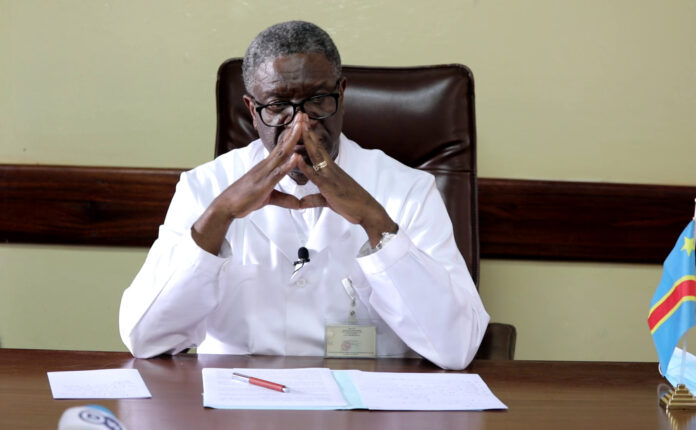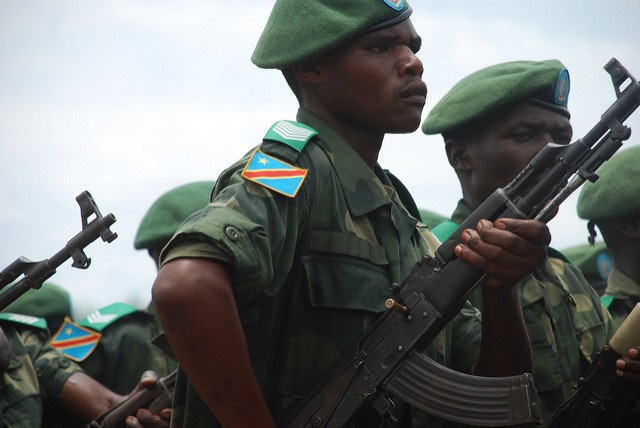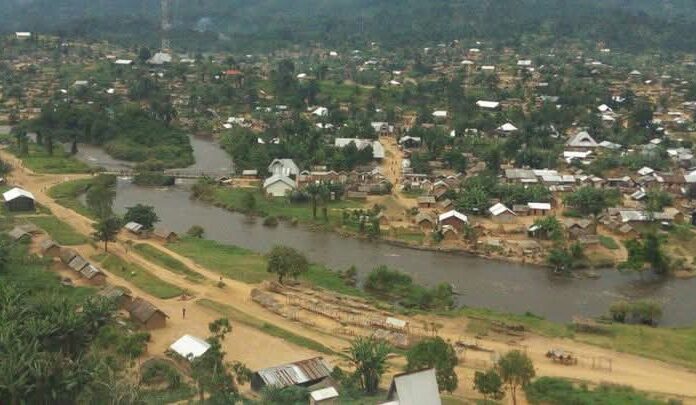As the Democratic Republic of Congo (DRC) struggles with an escalating war in its eastern provinces, President Félix Tshisekedi has once again shocked observers with a questionable diplomatic choice: sending Enock Ruberangabo Sebineza, a former deputy and vice-minister disgraced by a sex scandal, to represent the country in Washington.
Note: Company, Blog, Church websites are free.
Sebineza is remembered not for political achievements, but for a 2016 video that went viral showing him masturbating in his government office via webcam during a virtual session with a woman alleged to be a paid escort. What triggered national outrage even more was that after the act, he wiped himself first with a towel, then with the DRC’s national flag displayed on his desk. He was immediately dismissed by then-President Joseph Kabila and vanished from the political scene, eventually relocating to the United States.
Now, under Tshisekedi’s administration, Sebineza has resurfaced in the diplomatic arena, presenting himself as a spokesperson on the conflict in Eastern Congo. In recent statements, he claimed that the Banyamulenge Congolese Tutsis are not victims of mass killings and blamed Rwanda as the sole cause of the crisis via the M23 movement group.
However, these claims contradict multiple reports from international observers and human rights organizations. Contrary to Kinshasa’s official narrative, the M23 is not a Rwandan force, but rather a rebel movement made up of Congolese Tutsis, including Banyamulenge from Minembwe, Uvira, and Fizi , but also Tutsis from various other regions of the DRC.
The M23 movement comprises Congolese citizensTutsis who have lived in the DRC for over a century, particularly in:Masisi, where Tutsi families have resided for generations in areas like Kitchanga,
- Bukavu and Kalehe in South Kivu,
- Rutshuru and Walikale in North Kivu,
- And others across Ituri and Maniema.
These communities are not foreigners, but native Congolese who have often faced marginalization, state-backed violence, and exclusion from political representation. The resurgence of M23 stems from the failure of peace agreements, ethnic persecution, and attacks by armed groups like FDLR a militia composed of Rwandan genocidaires and Wazalendo, which have committed atrocities against Tutsi civilians.
Rather than addressing the real causes of the conflict or promoting reconciliation, the Congolese government has resorted to aligning itself with disgraced political figures and controversial militias to prop up its anti-Rwanda agenda. In this context, Enock Sebineza’s return as a government envoy is seen by many as both an act of desperation and a national embarrassment.
On social media, Congolese citizens have revived the popular slogan BendeleEkweyaKala (“The flag has fallen”), condemning the fact that a man who once desecrated the national flag now represents the “honor” of the republic.
As tensions rise and elections draw near, many are questioning whether President Tshisekedi’s administration has any genuine vision for peace, unity, or justice in the DRC.



